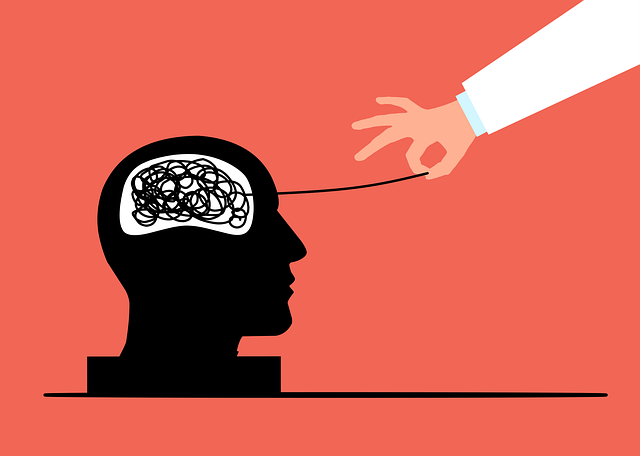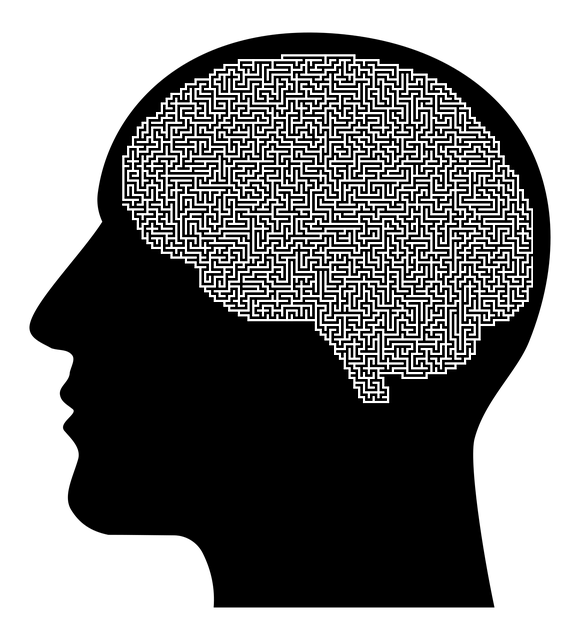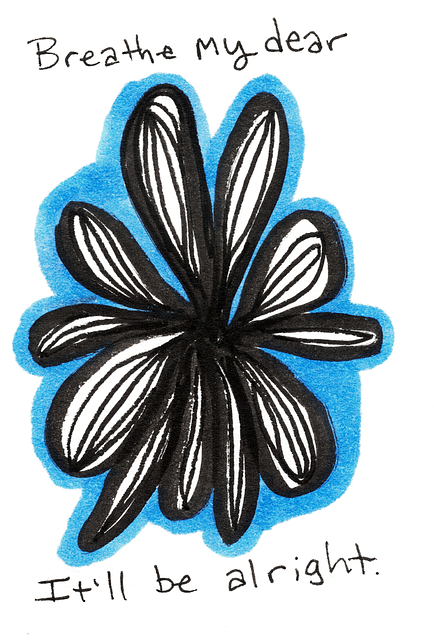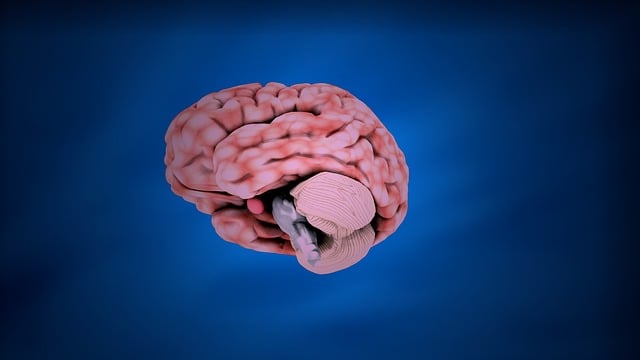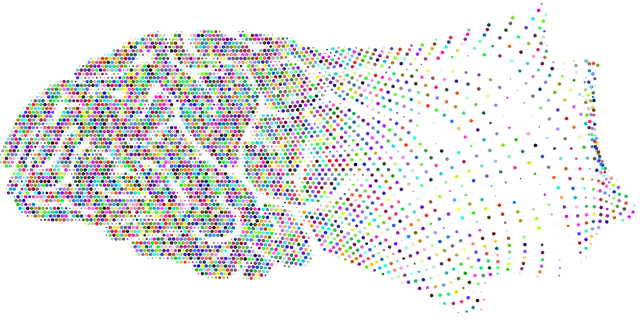Achieving emotional balance and well-being involves understanding and managing moods effectively, as demonstrated by Wheat Ridge Grief Counseling Therapy. Techniques like mindfulness, CBT, and social skills training help individuals challenge negative thoughts, build support networks, and naturally regulate moods. Incorporating mood regulation strategies such as meditation, journaling, or art therapy is crucial for managing emotional distress, especially during challenging times. Wheat Ridge Grief Counseling Therapy offers a supportive environment with tailored coaching programs, Mental Wellness Journaling Exercise Guidance, and self-reflection tools to help clients process emotions, build resilience, and transform mindsets, ultimately fostering improved mental wellness.
Mood regulation is a vital skill, enabling individuals to maintain emotional balance amidst life’s challenges. This article guides you through a comprehensive journey of understanding and enhancing your mood regulation strategies. We explore effective daily practices and delve into the profound impact of grief counseling techniques, as offered by Wheat Ridge Grief Counseling Therapy. By the end, you’ll be equipped with valuable insights to navigate and manage your emotions effectively.
- Understanding Mood Regulation: Unlocking Emotional Balance
- Exploring Effective Strategies for Daily Practice
- The Role of Grief Counseling in Mood Regulation Techniques
Understanding Mood Regulation: Unlocking Emotional Balance

Understanding Mood Regulation is a crucial step towards achieving emotional balance and overall well-being. It involves recognizing and managing one’s emotions effectively, especially in navigating life’s challenges and transitions. Many individuals, for instance, those seeking Wheat Ridge Grief Counseling Therapy, find that learning specific mood regulation strategies can help them cope with loss, anxiety, and other emotional struggles. By understanding their triggers and implementing healthy coping mechanisms, people can enhance their ability to stay grounded and resilient.
This process often includes exploring various techniques such as mindfulness practices, cognitive behavioral therapy (CBT) principles, and social skills training. These tools empower individuals to gain perspective on their emotions, challenge negative thought patterns, and build supportive connections with others. The goal is to promote emotional well-being by equipping people with the means to regulate their moods naturally, leading to a more balanced and fulfilling life.
Exploring Effective Strategies for Daily Practice

Incorporating effective mood regulation strategies into daily life is a valuable tool for managing emotional well-being, especially in navigating challenging times. Wheat Ridge Grief Counseling Therapy offers a range of techniques to help individuals gain control over their moods and foster resilience. One powerful strategy is emotional regulation, which involves recognizing and understanding one’s emotions and learning to respond to them adaptively. This can be achieved through various practices such as mindfulness meditation, journaling, or engaging in creative outlets like art therapy.
Additionally, communication strategies play a significant role in mood regulation. Open and honest dialogue with trusted friends, family, or therapists can help individuals process their feelings, gain perspective, and reduce the impact of negative emotions. By breaking down barriers and promoting understanding, these communication efforts contribute to Mental Illness Stigma Reduction Efforts, creating a supportive environment for healing and growth.
The Role of Grief Counseling in Mood Regulation Techniques

Grief counseling plays a significant role in mood regulation techniques, offering valuable support for individuals navigating emotional distress and challenging life transitions. Wheat Ridge Grief Counseling Therapy provides a safe and non-judgmental space where clients can process their feelings, gain insights into their emotions, and develop healthy coping strategies. Through this therapeutic approach, individuals learn to confront and manage intense emotions, fostering improved mental wellness.
Incorporating elements of Mental Wellness Journaling Exercise Guidance, these counseling sessions encourage self-reflection and emotional awareness. Clients are guided to explore their thoughts and experiences in a structured manner, allowing them to identify patterns contributing to mood fluctuations. Additionally, Mental Wellness Coaching Programs Development can be tailored to enhance the process, offering personalized strategies for stress management and resilience building. By intertwining Mind Over Matter principles, clients gain the tools to transform their mindset, fostering a sense of control and empowering them to actively regulate their emotional state.
Mood regulation is a vital skill for maintaining emotional well-being, and understanding the various strategies available can significantly enhance our daily lives. By incorporating effective practices into our routines, we can better navigate and manage our moods. This article has explored different techniques, from everyday habits to specialized therapy like Wheat Ridge Grief Counseling, which offers valuable insights into grief counseling as a mood regulation tool. By recognizing the importance of emotional balance and utilizing these strategies, individuals can foster resilience, enhance overall mental health, and lead more fulfilling lives.

